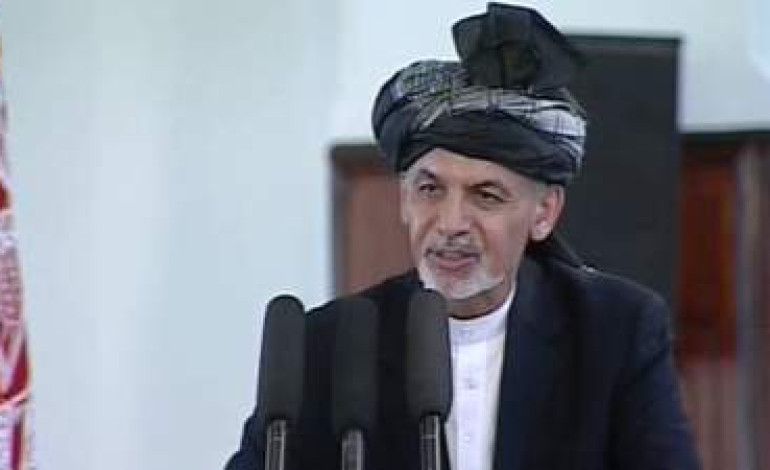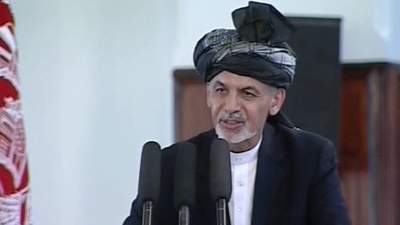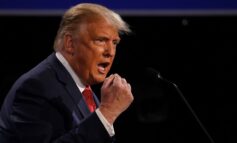Ashraf Ghani has been sworn in as Afghanistan’s new president following a long and contentious election campaign that eventually resulted in a power-sharing deal.
The incoming president attended a ceremony at Kabul’s presidential palace, in what is the nation’s first democratic handover of power since the US-led invasion in 2001.
Mr Ghani, a former finance minister, faces challenges across his war-torn nation, including combating continued attacks from Taliban insurgents and other militants.
Violence continued in the run-up to the inauguration, illustrating the problems facing the new president.
In Kabul, two bomb attacks took place on the road between the country’s main airport and the presidential palace.
One roadside bomb did not cause any deaths or injuries, but the second attack around a kilometre (half a mile) from the airport by a suicide bomber killed six or seven people, according to police officer Abdul Latif.
In the eastern province of Paktia, Captain Mohammed Hekhlas said a car bomb exploded near a government compound as gunmen attacked, sparking a gun battle that left seven Taliban militants dead.
Another police official said four police officers and two civilians were also killed.
Mr Ghani’s electoral challenger, Abdullah Abdullah, who is poised to fill the newly created position of chief executive, was at the ceremony.
The outgoing president Hamid Karzai also attended, and he is said to be glad to be stepping down after more than a decade in the role.
“We are committed as one in the national unity government,” Mr Abdullah said at the ceremony.
“Our commitment will be fulfilled together as a unified team to create national unity.”
Mr Ghani then congratulated Mr Karzai for a peaceful and democratic transition, and he thanked Mr Abdullah for making a national unity government possible.
“We want to be held accountable. I am your leader but I am no better than you. If I make mistakes, you should hold me accountable,” he said.
The election was held in April, but a runoff in June stretched on for weeks after both sides levelled charges of fraud.
The two candidates then signed a deal, brokered by the US, which created the new position of chief executive.
Already there are signs of tension in the fragile coalition that will now run Afghanistan.
A dispute over office space and whether Mr Abdullah would speak at the inauguration led to his camp threatening to boycott the ceremony, an aide said.
US officials say they expect Mr Ghani to sign a security agreement with the US, which will allow 10,000 American troops to stay in the country after the international combat mission ends on 31 December.
Source and Credit to LBS.co.uk















Leave a Reply